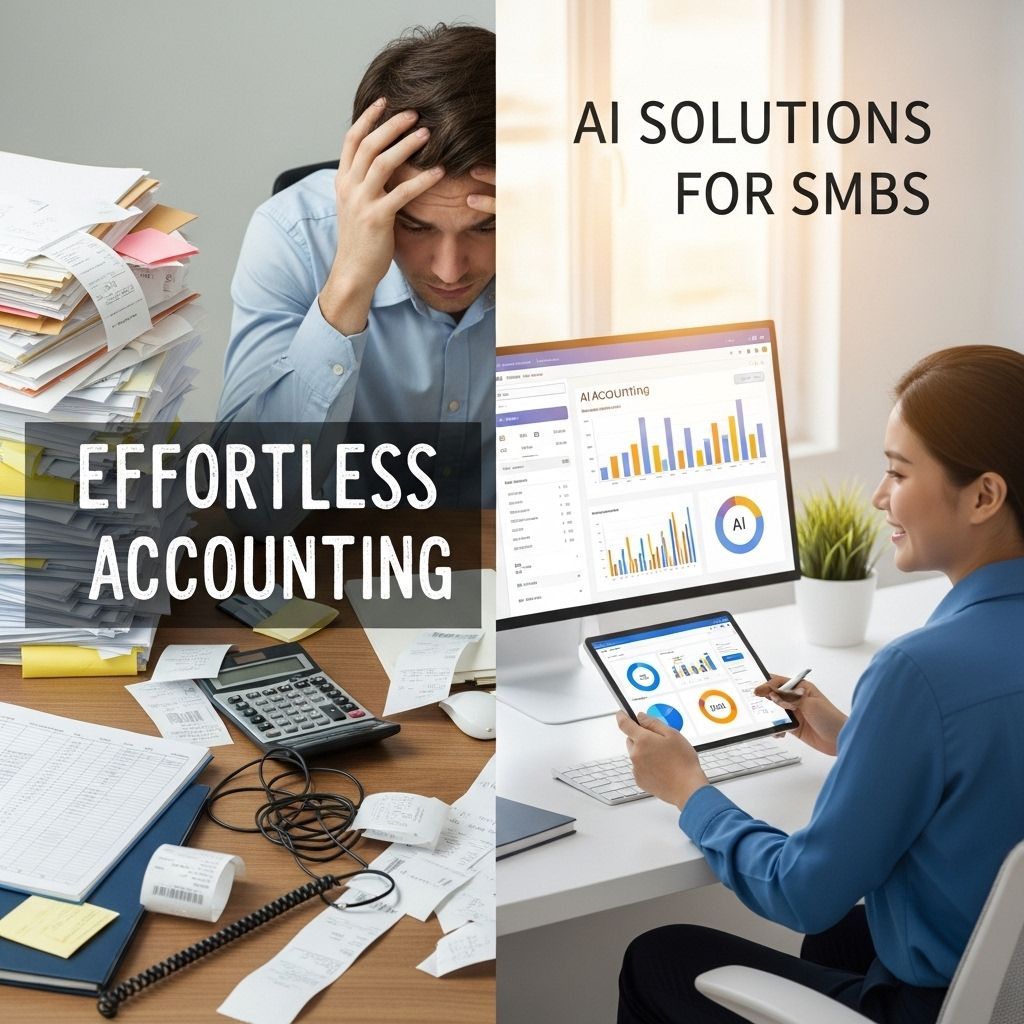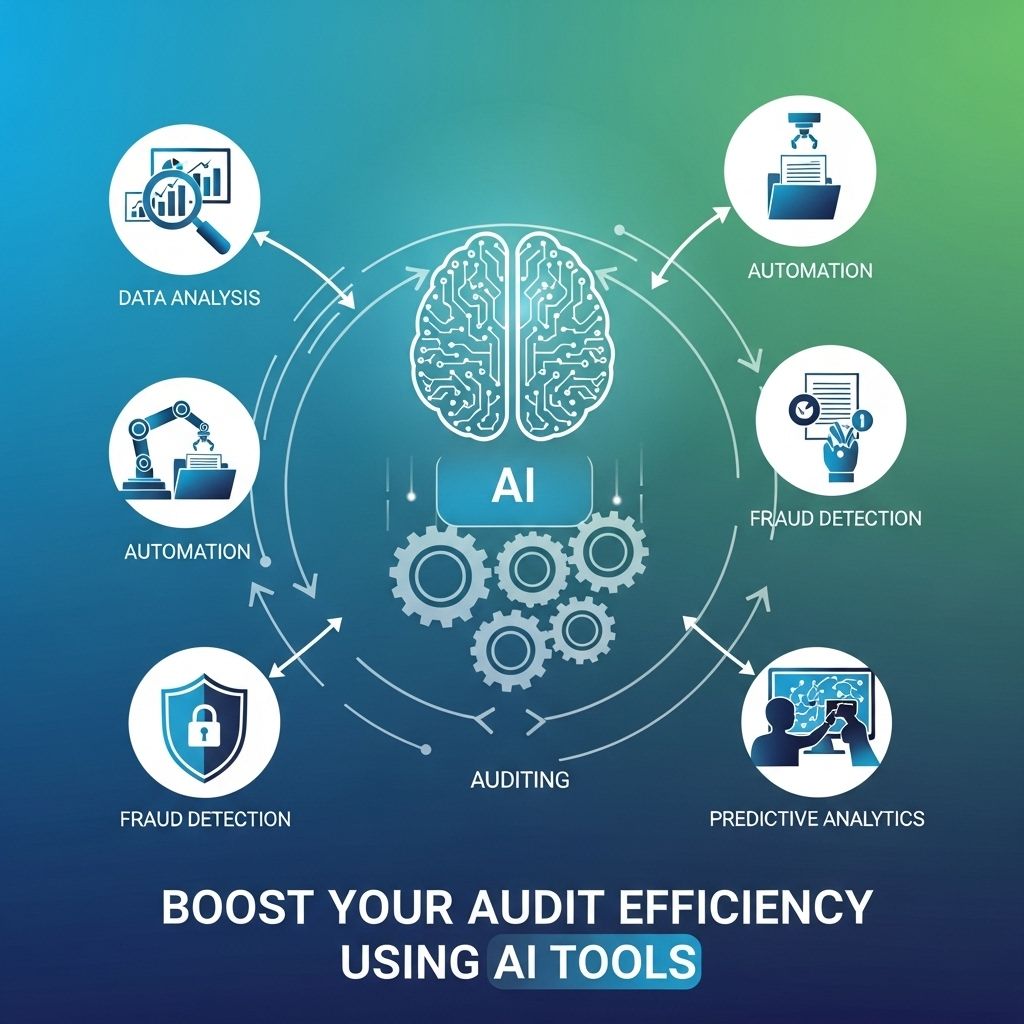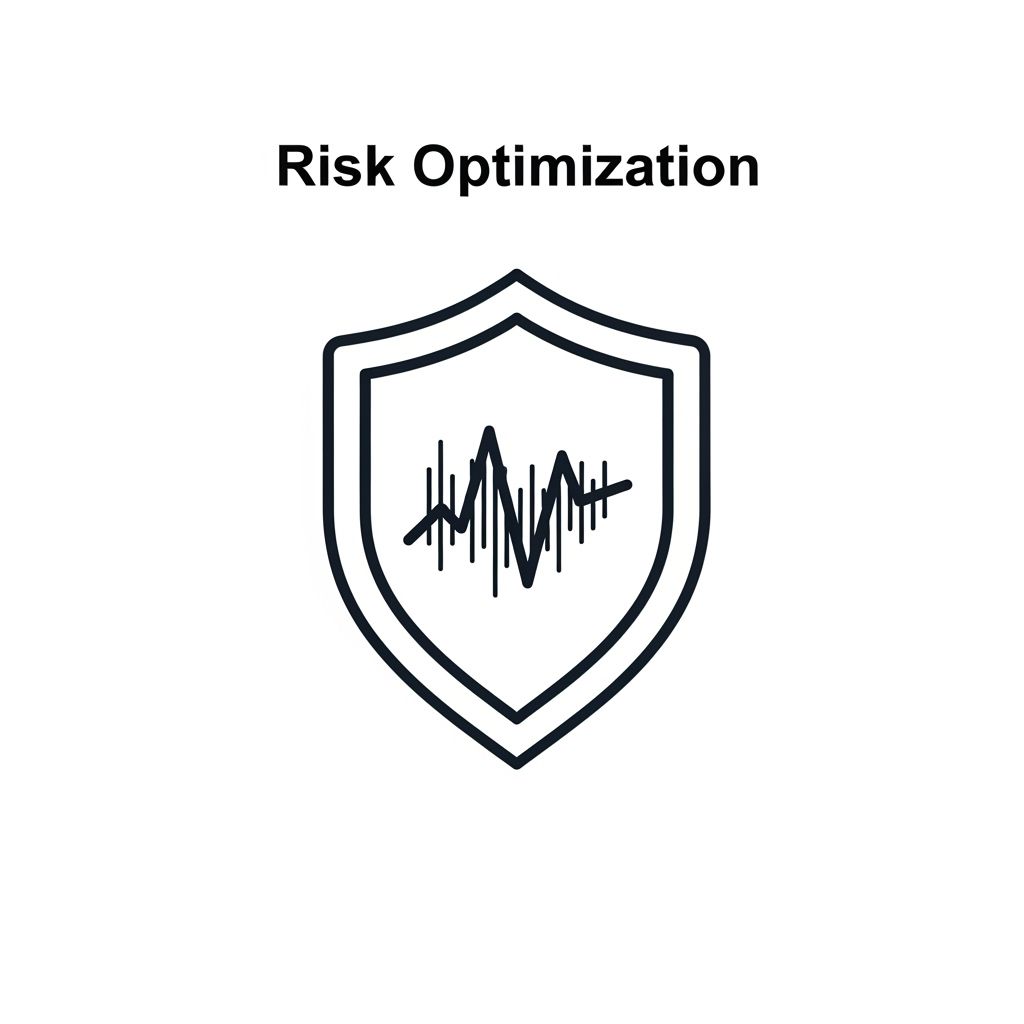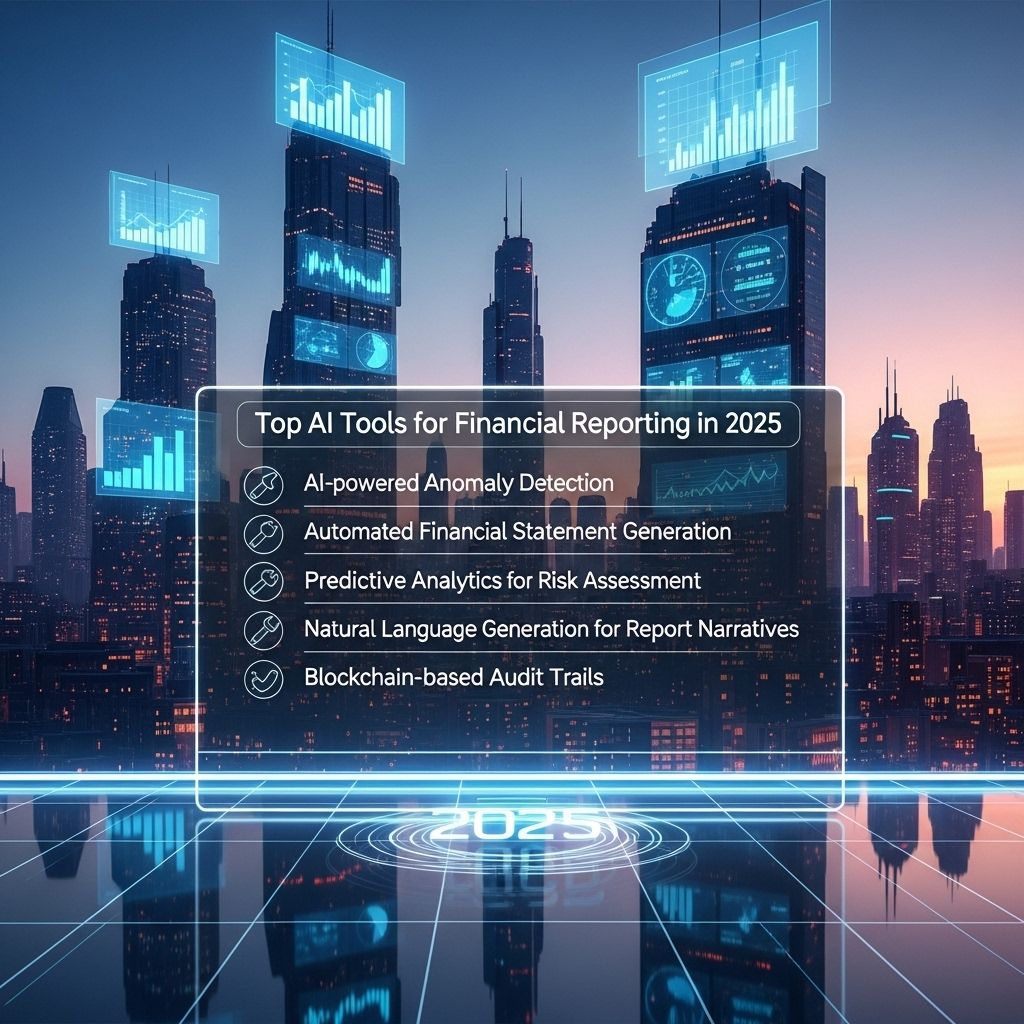Streamline Your Audits: Top AI Preparation Tools
Discover the best AI tools to streamline your audit process, enhancing efficiency and accuracy for your financial reviews.
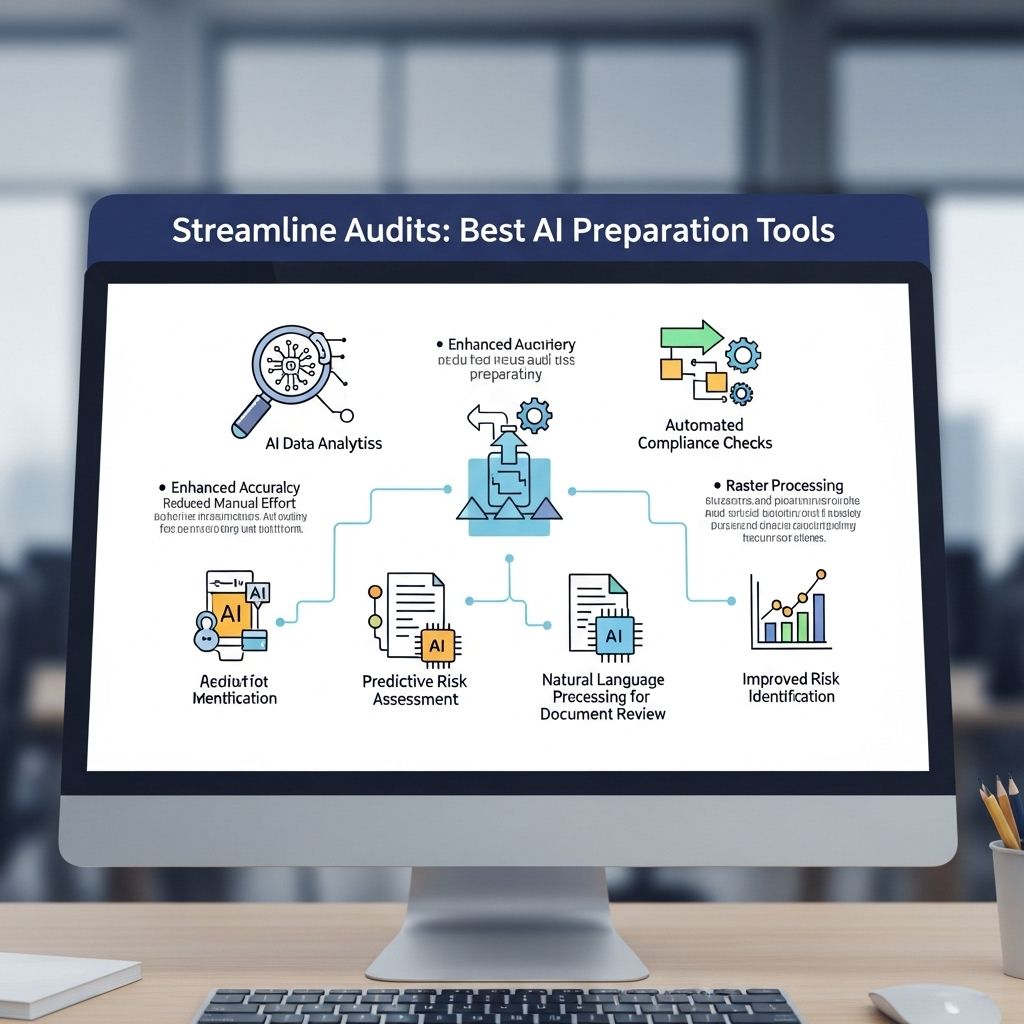
Auditing has long been considered a daunting task, often riddled with complexities and requiring meticulous attention to detail. The advent of artificial intelligence (AI) has revolutionized this process, transforming how organizations prepare for audits. With the integration of AI-powered tools, businesses can enhance efficiency, accuracy, and compliance, ultimately leading to smoother audit experiences. This article delves into the best AI preparation tools that can streamline audits and discusses how they can benefit organizations.
Table of Contents
Understanding AI in the Audit Process
Before diving into specific tools, it’s essential to grasp the role of AI in audits. At its core, AI can analyze vast amounts of data, identify patterns, and make predictions based on historical information. This capability allows for:
- Data Analysis: AI tools can process large datasets quickly, identifying anomalies that may signify compliance risks.
- Risk Assessment: AI can evaluate the likelihood of errors and fraud by analyzing historical data trends.
- Continuous Monitoring: Rather than periodic checks, AI enables ongoing oversight, ensuring that compliance is maintained in real-time.
Top AI Preparation Tools for Audits
Several AI tools stand out in the audit preparation space, offering unique capabilities that can enhance the efficiency of audit processes. Let’s explore some of the leading options.
1. MindBridge Ai
MindBridge Ai provides an AI-driven audit platform that helps organizations uncover risks and anomalies in their financial data. The tool uses machine learning algorithms to evaluate data, providing insights that auditors may overlook.
Key Features:
- Data anomaly detection.
- Comprehensive risk scoring.
- Visual analytics for easier interpretation of findings.
2. CaseWare IDEA
CaseWare IDEA is a powerful data analytics tool that enables auditors to import, analyze, and visualize data from various sources. Its AI capabilities allow for enhanced data manipulation and insights.
Key Features:
- User-friendly interface for ease of use.
- Integration with numerous data sources.
- Customizable reporting options.
3. ACL Analytics
ACL Analytics focuses on continuous auditing and monitoring, allowing organizations to make data-driven decisions. The platform’s AI capabilities help identify trends and anomalies that could indicate potential issues.
Key Features:
- Automated data analysis processes.
- Dynamic dashboards for real-time monitoring.
- Collaboration tools for teams.
4. Alteryx
Alteryx is a versatile data analytics platform that integrates machine learning and AI into its functionalities. It is particularly useful for auditors looking to prepare complex data analyses efficiently.
Key Features:
- Self-service data preparation and blending.
- Predictive analytics capabilities.
- Extensive library of pre-built tools.
Benefits of Using AI Tools for Audits
Integrating AI into the audit preparation process offers numerous benefits:
Enhanced Accuracy
AI tools significantly reduce human error by automating data analysis and providing reliable insights based on algorithms.
Increased Efficiency
By automating repetitive tasks, auditors can focus on high-value activities, leading to faster completion of audits.
Improved Compliance
AI tools can continuously monitor compliance with regulations and standards, reducing the risk of non-compliance.
Better Decision Making
With access to real-time data and insights, organizations can make informed decisions quickly, improving overall performance.
Considerations When Choosing AI Tools
When selecting the right AI preparation tool for audits, organizations should consider several factors:
- Compatibility: Ensure the tool integrates seamlessly with existing systems.
- Scalability: Choose a tool that can grow with your organization’s needs.
- Ease of Use: Look for user-friendly interfaces to facilitate quick adoption by team members.
- Support and Training: Consider the availability of customer support and training resources.
Implementing AI Tools in Your Audit Process
Implementing AI tools into the audit process requires thoughtful planning. Here’s a step-by-step guide to getting started:
Step 1: Assess Needs
Identify specific pain points in your audit process and determine how AI tools can address them.
Step 2: Research Options
Review various AI tools, taking into account the features, benefits, and user reviews to find the best fit.
Step 3: Pilot Testing
Run a pilot program with selected tools to gauge their effectiveness in your audit process.
Step 4: Training
Provide comprehensive training for team members to ensure they are comfortable using the new tools.
Step 5: Full Implementation
Once the pilot is successful, roll out the AI tools across the organization.
Future of Auditing with AI
As technology evolves, the role of AI in auditing is expected to grow even more significant. Key trends to watch for include:
- Advanced Predictive Analytics: AI will increasingly be used to predict future risks and trends.
- Greater Automation: Routine tasks will be further automated, freeing auditors to focus on strategic issues.
- Enhanced Collaboration Tools: AI will facilitate better collaboration among audit teams and stakeholders.
Conclusion
The integration of AI tools into the audit process is not merely a trend but a necessity for organizations aiming to stay competitive in an increasingly data-driven world. By leveraging these technologies, businesses can streamline audits, improve compliance, and enhance overall decision-making capabilities. Investing in the right AI preparation tools is a step toward a more efficient and effective auditing process.
FAQ
What are the best AI tools for streamlining audits?
Some of the best AI tools for streamlining audits include IBM Watson, AuditBoard, and MindBridge, which use advanced algorithms to enhance data analysis and improve accuracy.
How can AI improve the audit preparation process?
AI can automate data collection, identify anomalies, and provide predictive insights, significantly reducing the time and effort required for audit preparation.
Are there any free AI tools for audit preparation?
Yes, there are free AI tools like OpenAI’s GPT-based applications that can assist with data analysis and reporting tasks, though they may have limited features compared to paid versions.
What features should I look for in AI audit preparation tools?
Look for features such as data integration capabilities, real-time analysis, customizable reporting, and machine learning algorithms that enhance accuracy and efficiency.
Can AI tools ensure compliance during audits?
Yes, AI tools can help ensure compliance by continuously monitoring transactions and flagging any discrepancies or potential compliance issues before they escalate.
How do AI tools enhance collaboration during audits?
AI tools enhance collaboration by providing a centralized platform for all stakeholders to access data, communicate findings, and share insights in real-time.

